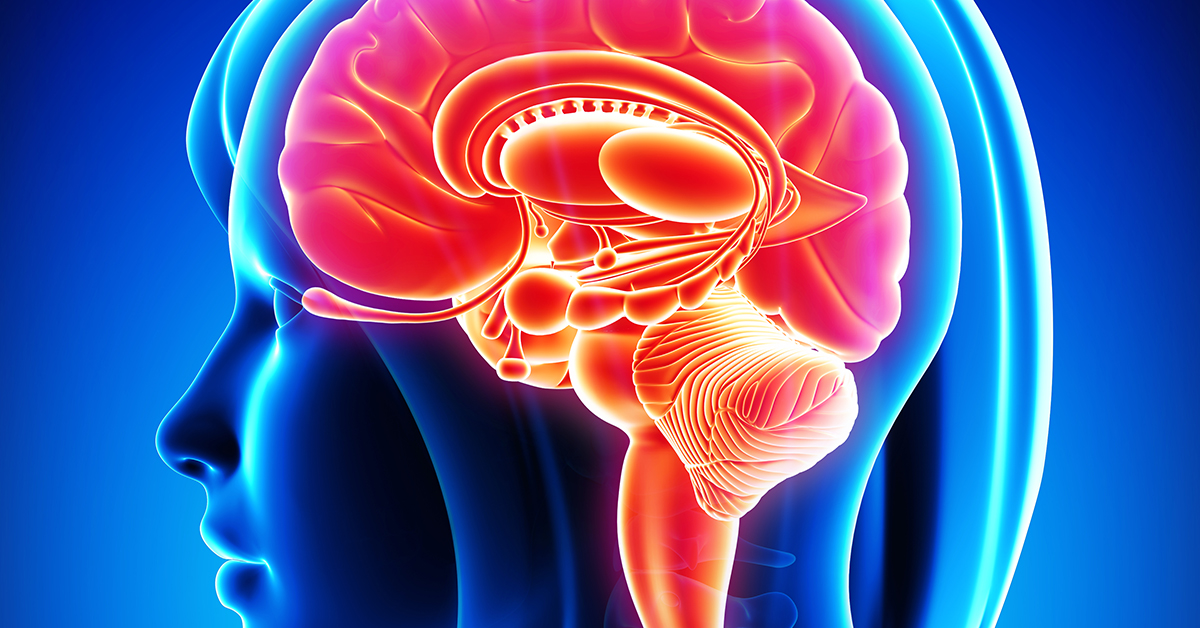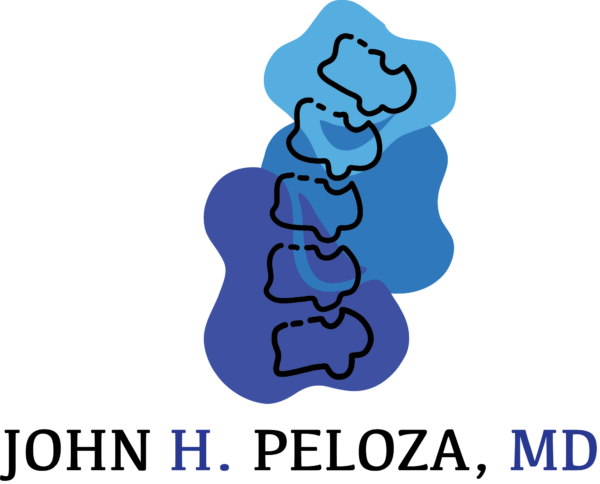Tumor: uncontrolled cell growth; can remain at original site or spread throughout body. Can be either malignant or benign.

What are Tumors?
A tumor is an abnormal growth that occurs due to uncontrolled cell multiplication, and does not serve any physiological function. Tumors can be classified into two types depending upon their origin. Primary tumors are those located at the site where the tumor began to grow (i.e., where it originated). Metastatic (or Secondary) tumors are those that have spread to other parts of body from the original tumor site.
Tumors are also classified based on their tendency to grow. Malignant (or cancerous) tumors tend to keep growing and can become life threatening. Benign (or non-cancerous) tumors tend not to grow; they are stable, localized and generally not life threatening.
Causes of Tumors
Although genetic defects and environmental factors are suspected of contributing to the development of tumors, scientists do not know the causes of primary tumors yet. Although genetic defects and environmental factors are suspected of contributing to the development of tumors, at this time, the initial cause of tumors is unknown.
Cell division is regulated by the tumor suppressor genes. These genes also help repair any damage caused to the DNA. Tumor suppressor genes are constantly at war against the cancer-causing genes called oncogenes. When tumor suppressor genes fail to function properly (due to mutations that affect protein encoding) unregulated cell division and growth can occur and cause development of a tumor.
The body's natural defense system should detect abnormal cells and destroy them. However tumors may produce substances that obstruct the immune system's ability to recognize tumor cells; eventually, the tumor cells may overpower all defenses to check their growth.
Symptoms of Tumors
Headaches are one of the most common symptoms of brain tumors. Specifically, headaches upon waking, non-migraine headaches accompanied by vomiting, headaches accompanied by double vision, numbness, or weakness, and headaches accompanied by neck pain.
Other symptoms of tumors may include:
- Seizure
- Loss of consciousness
- Changes in personality or behavior (including odd mental or emotional events)
- Tingling
- Changes in mental function (e.g., memory loss, confusion, speech difficulty, impaired concentration or reasoning)
- Increase in sleeping time
- Gradual loss of movement or sensation in arms or legs, balance problems
- Hearing loss, with or without dizziness
Diagnosis of Tumors
The following are used to diagnose tumors:
- Neurological exam: The function of eyes, ears, nose, and muscles are assessed. Sensation, balance, coordination, mental state and memory are all examined, also.
- Imaging techniques: Magnetic resonance imaging (MRI) and/or computed tomography (CT).
- Lumbar puncture: A sample of spinal fluid is taken and examined.
- Biopsy: A microscope is used to examine a tissue sample taken from the suspected tumor.
Treatment Options
If the tumor is static or growing slowly, supportive therapy may be utilized. This therapy tries to relieve the symptoms of tumors and to improve the neurological function. Patients are closely monitored on a regular basis.
If the tumor is growing fast, or is life threatening, definitive therapy may be utilized. This includes more aggressive treatment techniques such as surgery, radiation therapy, and/or chemotherapy.



